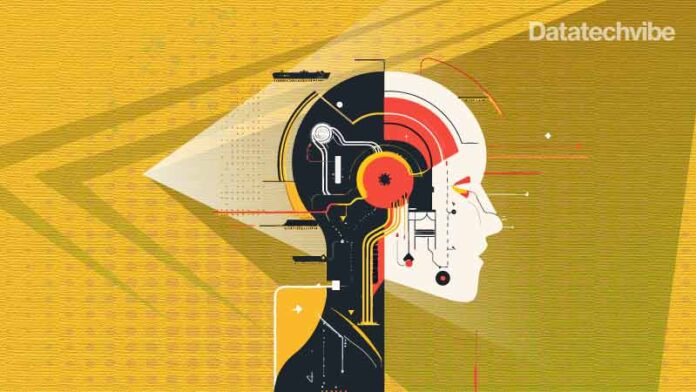Around 66% of business leaders across the UAE are concerned about AI-generated answers but don’t prioritise skillsets that can mitigate AI-related risks. Have these leaders set the wrong criteria for their recruitment process?
With the ever-evolving era of AI-infused solutions among data and IT professionals, a few job roles are prone to becoming obsolete. Although AI skills gaps have been widely recognised, most business leaders still prioritise recruiting for roles with specialised technical expertise.
A survey by Alteryx revealed that 66% of business leaders across the UAE are concerned about AI-generated answers during the hiring process but don’t prioritise skillsets that can mitigate AI-related risks. Have these leaders set the wrong criteria for their recruitment process? Explore which attributes are required to reap AI’s highest benefits that efficiently align with AI development.
How are business leaders setting criteria for the hiring process?
Despite AI’s influence on the current workforce, 60% of business leaders foresee the Chief AI Officer role becoming vital for a comprehensive AI strategy to stay ahead in the ever-changing business landscape. This role would involve collaborating across various business units, from IT and compliance to HR and People teams. Enlisted below are a few more hiring criteria that are changing in different IT roles:
- Over 30% of the engineers and research scientists who drive innovation and are responsible for developing AI-powered models are the most urgent hiring priorities by leaders
- Around 61% of the business leaders believed that they would prioritise the roles of AI whisperers and prompt engineers who are skilled enough in communicating and guiding GenAI-powered systems
Where does the future of data and IT teams align?
As the data teams foresee the future of technology, a few findings highlight a few roles which are set to become obsolete, emerging roles to gravitate toward, and skills required for the evolving era of AI-infused intelligence. For instance, roles related to Single-language software development, repetitive coding, database administration, and AI/ML development won’t be a priority while hiring.
The same survey by Alteryx unveiled that:
- Approximately, 51% of the leaders believe that their organisation currently operates in a siloed manner, however, 48% say that their data team needs to be decentralised, ensuring higher availability of data to drive valuable business insights
- More than 65% of the business leaders believed that increasing accessibility and user-friendliness of generative AI technology will reshape the advanced tech talent landscape
Also Read: AI and Sustainability: Is There a Problem?
Which criteria are required to be reconsidered during the hiring process?
Although several business leaders have started considering soft skills when hiring, 73% of them believe that upskilling priorities tend toward hard skills. Hiring a multi-skilled workforce that reduces the AI skills gap within their organisation is an essential parameter for them.
Emphasising the ever-changing criteria of the hiring process in IT sector, Libby Duane-Adams, Chief Advocacy Officer at Alteryx, said, “The rapid rise of AI requires business leaders to build and shape the future workforce now to thrive or risk lagging behind in a future transformed by a seismic shift in the skills needed for the era of intelligence. Not all employees need to become data scientists.
“It’s about championing cultures of creative problem-solving, learning to look at business problems through an analytic lens, and collaborating across all levels to empower employees to use data in everyday roles. Only through continuous investments in data literacy upskilling and training opportunities will businesses create the professional trajectories where everyone can “speak data” and exploit AI applications for trusted, ethical outcomes,” Libby added.
Summing it up,
The evolving AI landscape necessitates a reassessment of hiring criteria. While some roles face obsolescence, others, such as Chief AI Officer, AI research scientist, and AI engineer, to name a few, will emerge as vital. Business leaders must prioritise attributes like adaptability and soft skills alongside technical expertise. Adaptation is key to thriving in this transformative era of intelligence, where advanced IT roles emphasising problem-solving and data analysis will prevail.









